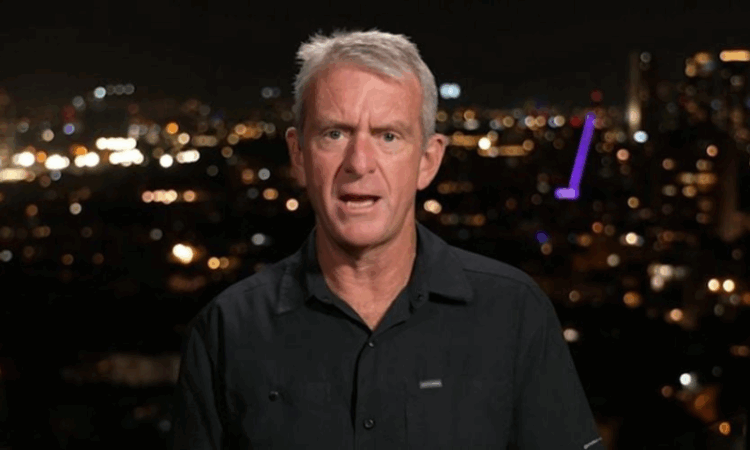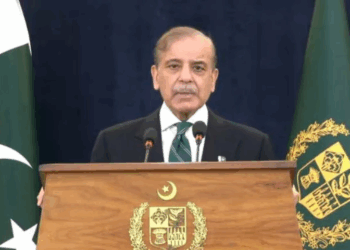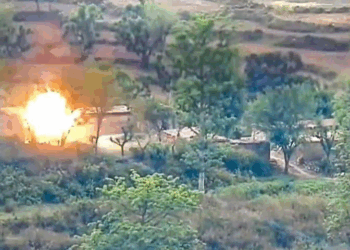Islamabad, May 10, 2025: Mere hours after India and Pakistan agreed to a US-brokered ceasefire, CNN journalist Nic Robertson revealed that Pakistan’s forceful military response to Indian aggression left New Delhi no option but to urgently seek diplomatic mediation.
Speaking to CNN, Robertson detailed the sequence of events that led to the sudden de-escalation. “When India attacked three Pakistani airbases, Pakistan responded with a relentless, massive barrage of missiles and rockets on Indian military facilities, airbases, and weapons storage sites,” he said. “That really put India on the back foot — they didn’t know what had happened.”
Tensions flared on May 7 when India launched a cross-border attack that killed at least 31 Pakistani civilians, including children. Pakistan’s military responded swiftly, shooting down five Indian Air Force (IAF) fighter jets — including three Rafales — and dozens of drones. Nearly 80 unmanned aerial vehicles (UAVs), including Israeli-made IAI Heron drones, were intercepted and destroyed.
On Friday night, India launched a series of missile strikes on Pakistani airbases — Noor Khan, Murid, and Shorkot — reportedly launched from aircraft, according to Director General Inter-Services Public Relations (DG ISPR), Lieutenant General Ahmed Sharif Chaudhry.
In retaliation, Pakistan launched Operation Bunyan-um-Marsoos early Saturday, targeting multiple Indian military installations, including a key missile storage facility in northern India.
Following four days of escalating strikes and counter-strikes, U.S. President Donald Trump announced a breakthrough. “After a long night of talks mediated by the United States, I am pleased to announce that India and Pakistan have agreed to a FULL AND IMMEDIATE CEASEFIRE. Congratulations to both countries on using common sense and great intelligence,” Trump posted on Truth Social.
Robertson, citing a source present during high-level negotiations, said that Pakistan had initially paused military operations to allow diplomatic efforts to proceed — a move upended by India’s airbase attacks. “That window closed the moment those strikes happened,” he noted.
As a result, Pakistan unleashed its full military capability, prompting India to urgently request mediation through U.S. Secretary of State Marco Rubio, along with officials from Saudi Arabia and Turkey. Intense international diplomatic pressure ultimately led to the ceasefire, which sources described as a “now or never” moment.
Robertson also highlighted that despite the truce, deeper regional issues remain unresolved. “The key issue for Pakistan going forward is water,” he said, quoting sources close to the talks. “But for now, this is a ceasefire — everything else will follow from there.”







